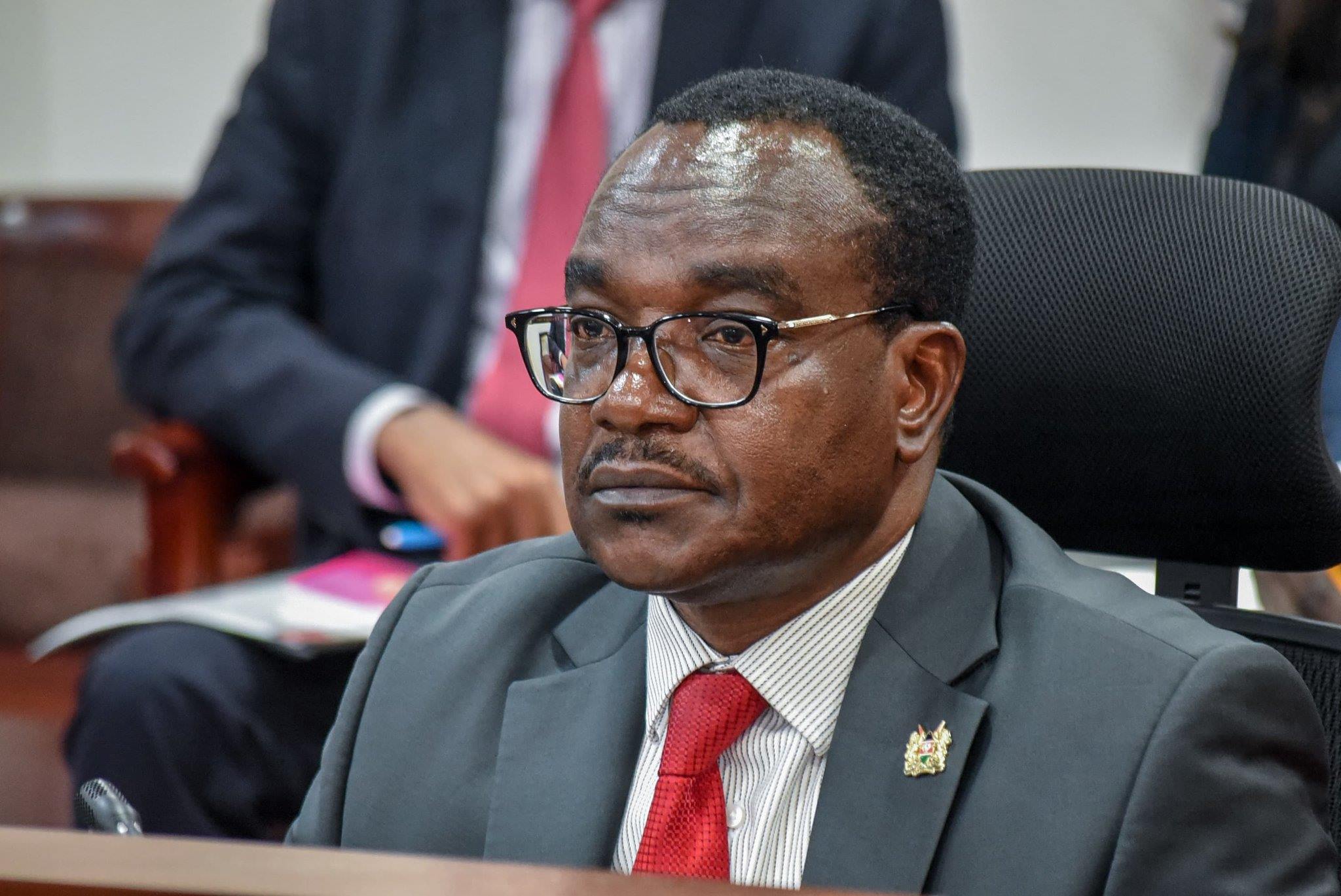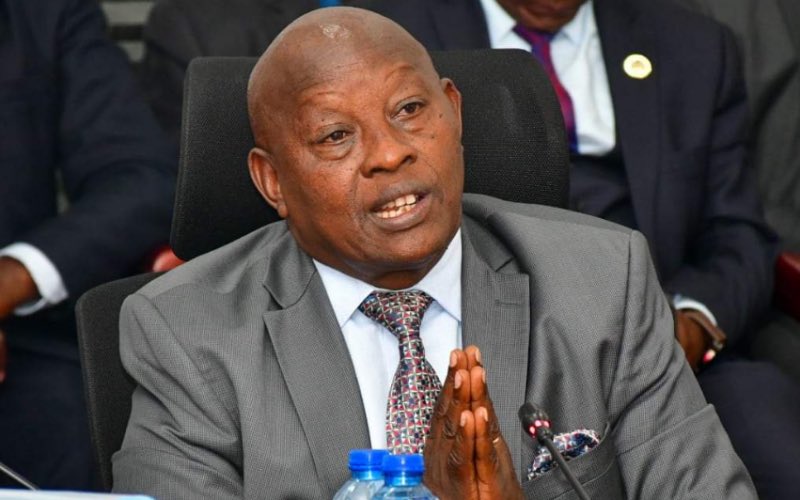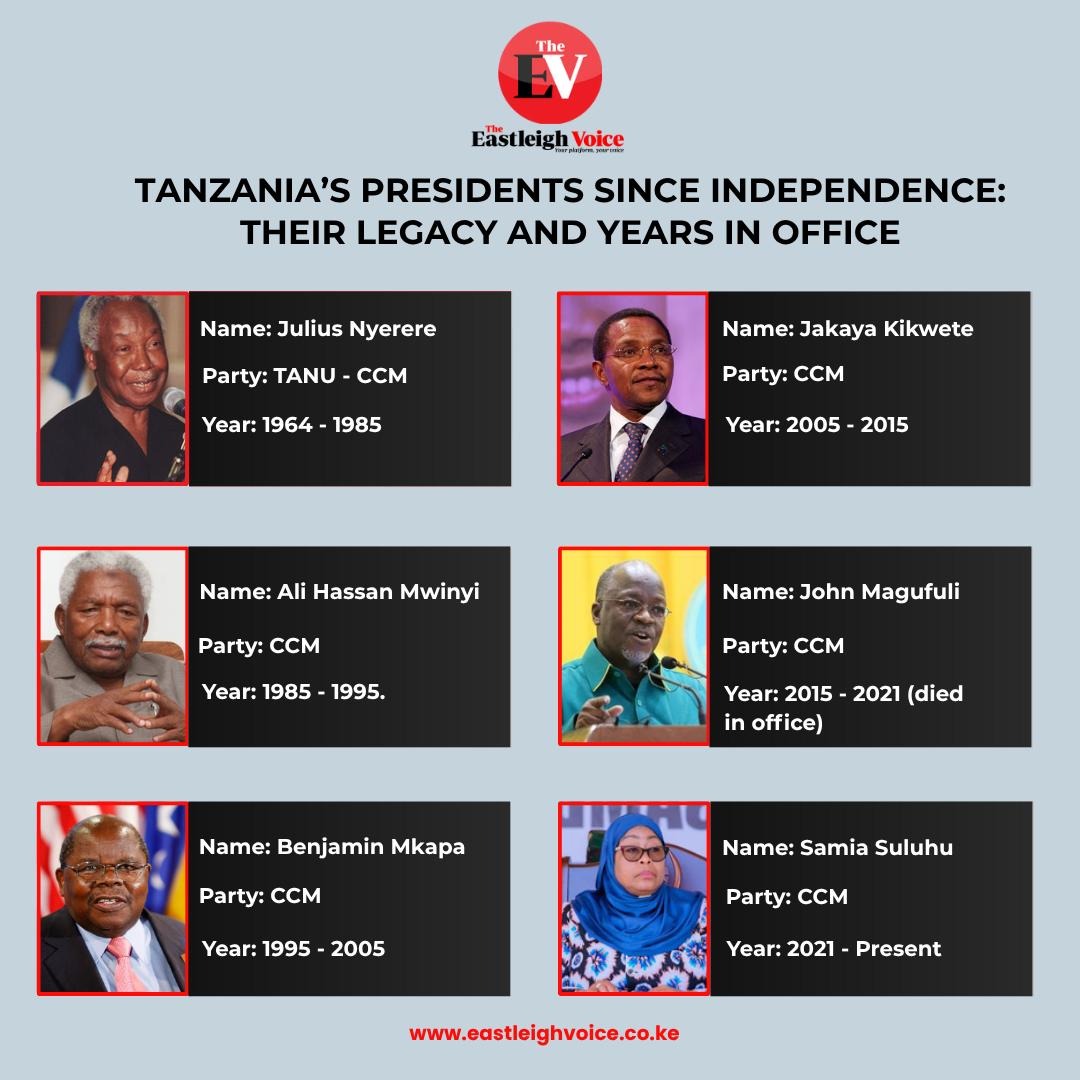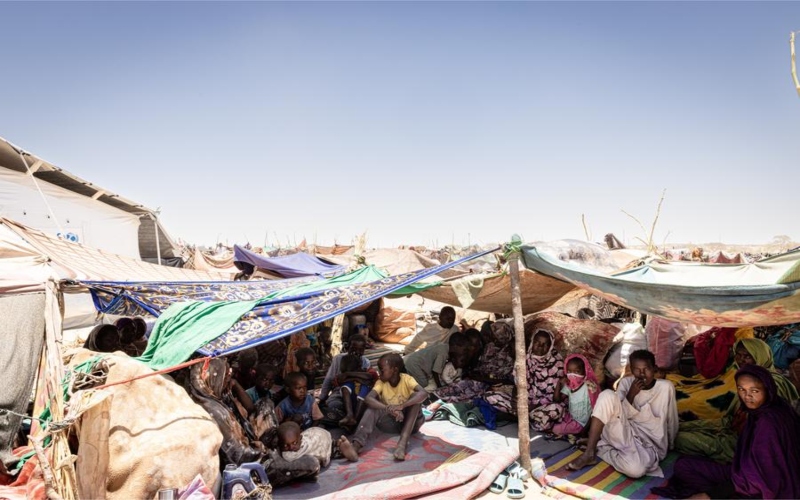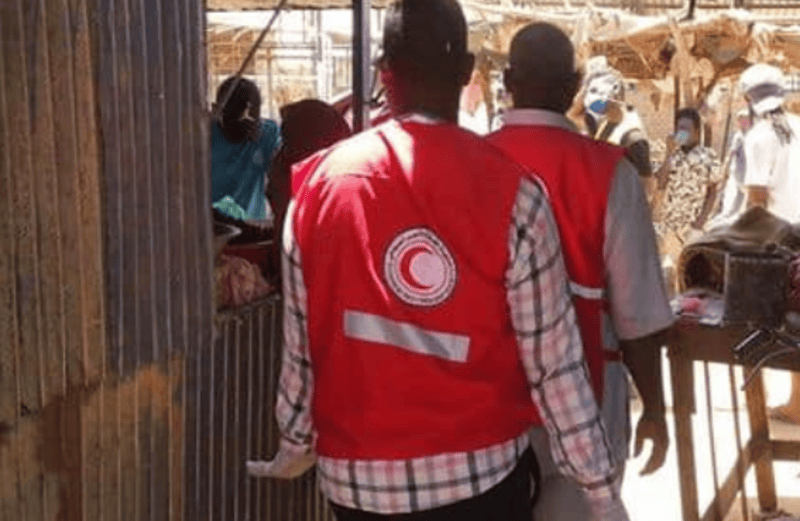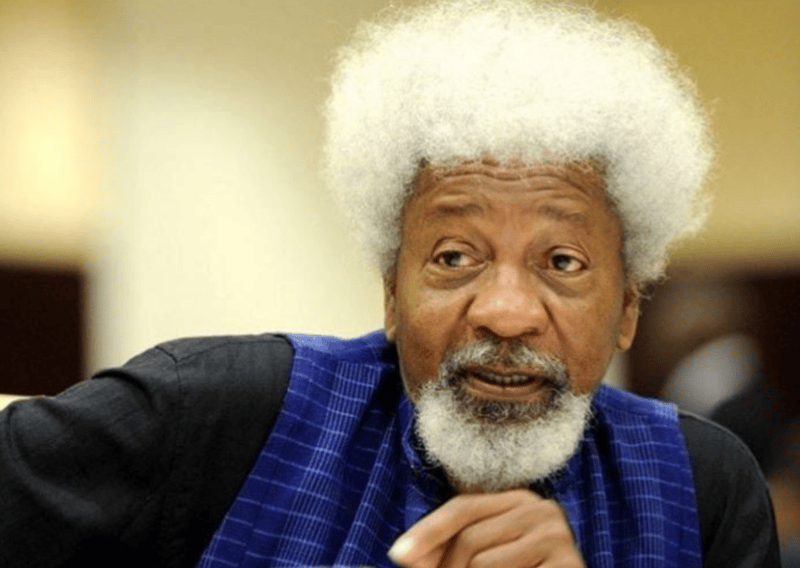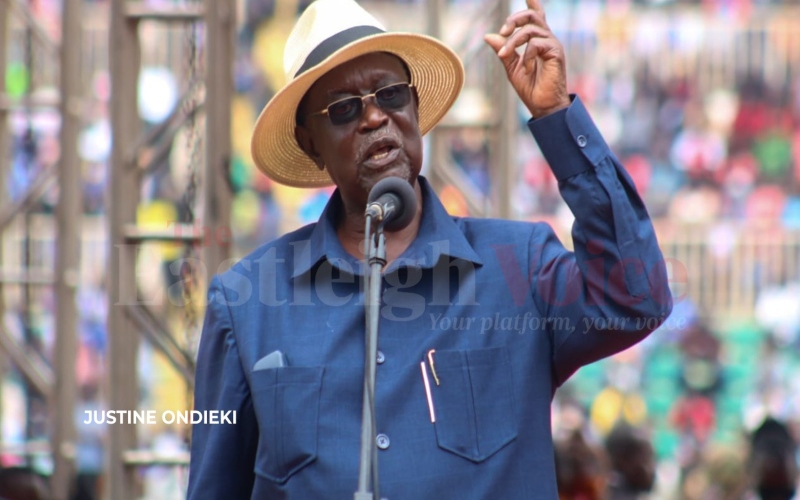KNEC to undertake nationwide trial for Grade 9 assessments in June
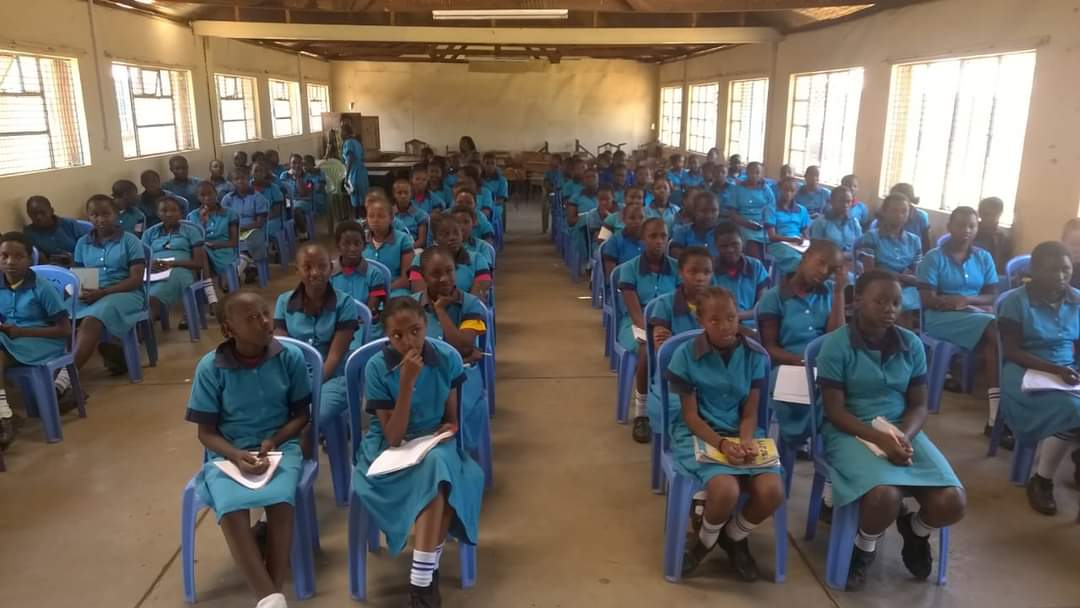
KNEC CEO David Njengere said they aim to prepare the first cohort of Grade 9 students under the new Competency Based Curriculum (CBC) set to enroll in 2025.
The Kenya National Examination Council (KNEC) has announced plans to pilot Grade 9 assessment across 235 schools nationwide starting June 2024.
KNEC CEO David Njengere said they aim to prepare the first cohort of Grade 9 students under the new Competency Based Curriculum (CBC) set to enroll in 2025.
More To Read
- 24-hour command centre activated to combat fake KCSE exam leaks
- KPSEA, KJSEA exams proceeding smoothly nationwide - PS Raymond Omollo
- Ministry of Education addresses missing exam papers in KJSEA rollout
- University student charged over fake 2025 KCSE exam leak claims
- PSC, KNEC roll out digital checks to tackle fake certificates in civil service
- KNEC enforces strict rules to safeguard 2025 national exams
The pilot will be undertaken in five schools from each of the 47 counties.
"By conducting this major pilot, we ensure that by October this academic year, all schools will have sample papers and a clear expectation of Grade 9 summative assessments set for 2025 as students transition to Senior School," Njengere said.
He spoke on Wednesday in Nairobi during the inaugural Annual Symposium on Competency-Based Assessment to discuss the ongoing education reforms in Kenya, particularly the changes in assessment practices.
He highlighted the efforts in sensitising and training educators, specifically those teaching Grades 7 and 8 adding that the educators are currently undergoing training focusing on assessment issues.
"As I talk to you now, we have Junior School teachers in Grades 7 and 8, they are in Machakos Teachers College where they are being trained on issues of assessment," he said.
Njengere also touched on the challenges of transitioning between formative and summative assessments, acknowledging the complexities in understanding these changes but reassuring that such struggles are typical during periods of significant transition.
Discussing the specifics of the assessments, Njengere pointed out the balance between constructed response items and multiple-choice items in school-based and summative assessments respectively.
He added that students undertake selective response items, with multiple choices, during the summative Kenya Primary School Education Assessment (KPSEA) assessments.
"The constructed response items, are the free answers like where you have a structure, compositions, and essays, all that is being done through the school-based assessment (SBA), especially in Primary level. So, there is nothing that is lost because, through the school-based Assessments, they are doing the constructed response items. They then do the multiple-choice items through the summative assessment," Njengere said.
He noted that there will be an alternative assessment alongside traditional formative and summative methods, to identify and nurture individual student potentials.
"Alternative assessments are a way of responding to the need to nurture every learner's potential. When we seek to understand your potential, it is not enough to subject you to an achievement test," he said.
Top Stories Today


